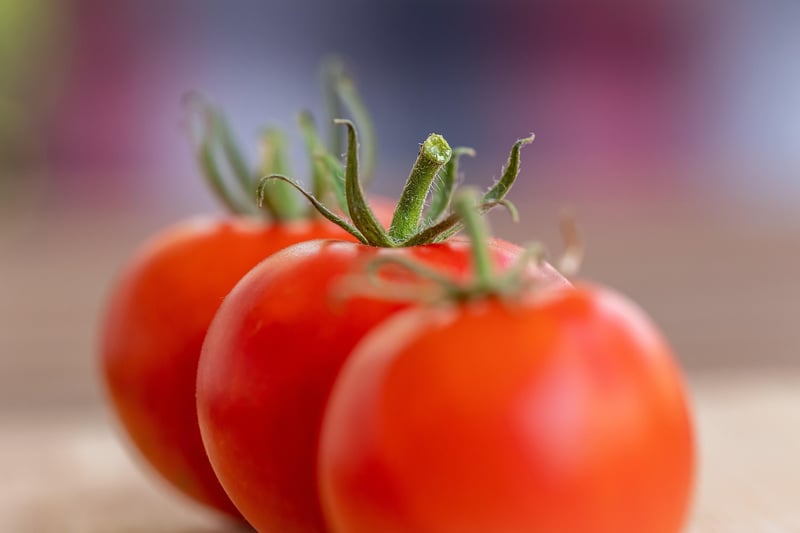Slow Eating Practice
The Art of Intentional Food Consumption and Slow Eating Practice

In today's fast-paced world, where time seems to be always slipping away, taking a moment to appreciate the food we eat can be a powerful practice. Intentional food consumption and slow eating can have numerous benefits for our physical, mental, and emotional well-being.
What is Intentional Food Consumption?
Intentional food consumption involves being fully present and aware of the food we are eating. It means savoring each bite, acknowledging the flavors, textures, and aromas, and expressing gratitude for the nourishment it provides.
The Benefits of Intentional Food Consumption:
- Improved digestion
- Enhanced appreciation for food
- Better portion control
- Reduced stress and anxiety
- Weight management
What is Slow Eating Practice?
Slow eating is a mindful eating practice that involves chewing food slowly, taking the time to enjoy each bite, and paying attention to hunger and fullness cues. It encourages a deeper connection with food and a more conscious approach to eating.
The Benefits of Slow Eating:
- Improved digestion and nutrient absorption
- Enhanced satisfaction and enjoyment of meals
- Weight management and portion control
- Reduced overeating and bloating
- Increased mindfulness and awareness
Embracing intentional food consumption and slow eating can transform the way we interact with food, leading to a healthier relationship with eating and a greater sense of well-being. So, the next time you sit down for a meal, try to slow down, savor each bite, and appreciate the nourishment that food provides.
Remember, it's not just about what we eat but also how we eat that matters.
